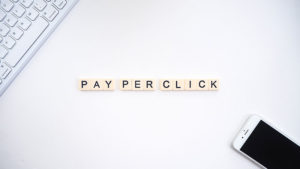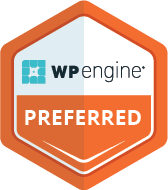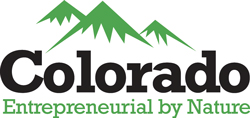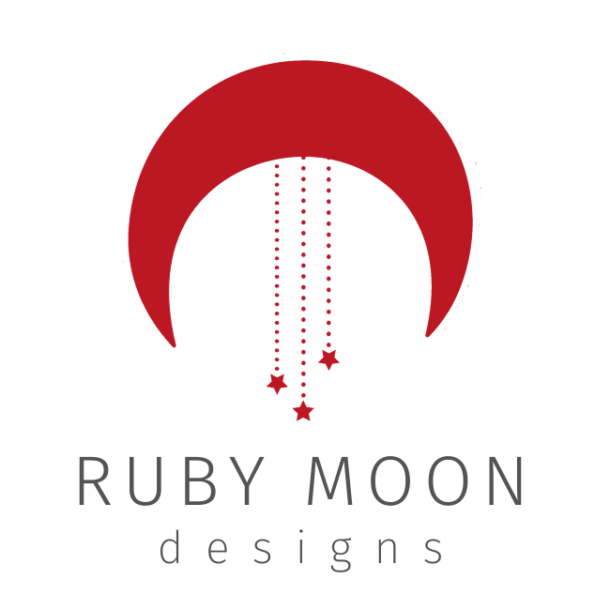Story Time: Part I
Brrr. It’s getting cold outside.
Imagine this: The weather guru on your favorite channel predicts the first snowfall by the end of the week. You sell shovels, but your store just opened and you want to get people to buy shovels quickly to boost your cash flow.
What do you do? You invest in some good advertising and you offer a great sale.
The result: People flock to your store and snatch up the shovels. They’re prepared for falling flakes. You’re counting flying Jacksons. Everyone is happy. So happy in fact that you keep the promotion going. You also stock up on orange ergonomic shovels because people are buying those first. You keep up the sale until people know to come to you for a reliable shovel.
This simple snow shovel story illustrates just how Pay-per-Click (PPC) advertising can work for your online business. But maybe we need to back up a little bit and explain just what PPC is.
PPC Defined

Photo by Launchpresso on Unsplash
Using PPC is just like taking out an advertisement. Except instead of paying a print publisher one price for an ad, you pay every time someone clicks on your ad online. The most popular way to do this is to buy advertising from Google Ads.
Google Ads uses keywords to help you sell your business. You’ll need to do careful research to discover which keywords sell your goods or services best. Google Ads will then give you some choices to match your keywords.
- Broad keywords are words that everyone might use. They reach a lot of customers, but they might not pull in the right customers for you.
- Modified broad words will help you to reach more specific customers.
- Phrases can be used to reach more specific customers too. Just remember, Google can add words before or after the search query phrases in your ad to attract specific customers but not limit the field too much.
- Exact keywords will match your chosen query exactly, but may exclude some customers who don’t use the same terms.
- Negative keywords can be chosen if you want to prevent your ad from showing when people search with these keywords. These can be very useful. You don’t want to advertise snow shovels if people are searching for garden shovels.
Once you’ve chosen your keywords and match type, Google will post an ad that pops up when users search for those words. You’ll pay each time a user clicks on your advertisement.
PPC can help you reach chosen customers quickly. However, depending on your chosen words, advertising this way can be costly. You’ll need to prepare an advertising budget. You’ll also have to manage your PPC campaign carefully and check on your analytics often (Google Ads will provide those to you)—to ensure it’s effective.
For these reasons, we recommend you use PPC when your business is new or you have a new offering and you need to collect data about your customer base to understand their buying habits. It’s also best to use PPC for a limited duration of about 1 to 3 months—just like the snow shovel example that introduced this blog.
Story Time: Part II
Now you have a beginning grasp of PPC. But, perhaps you’ve heard that SEO or Search Engine Optimization is a good way to advertise and grow your business. What is SEO and when would you use it to sell your goods or services?
Cozy up with some cookies and milk. It’s time for another tale.
Imagine you have a store again. It’s a grocery store that sells organic produce. Your store sells the best local organic produce around and you sell some hard to get items… like durian fruit (who would want that?). Customers come to your store because you are kind, courteous and you point out your unique items which are priced well.
Once in a while you go out to the community and talk about your store at farmers’ markets. New customers you meet tell the next customers about your store. They pass on the word that you have excellent products, customer service and that you have unique, local items (they have no idea how you get durian to grow).
Over time, your customer base expands because more and more people hear about your store, your products and your sterling reputation.
This strategy for increasing your business takes a while—maybe a year or so. But, you’re okay with that. Your customers are reliable and you get to know what they like most. You stock specific items for them and you establish a mutual dependence based on trust.
SEO Defined
It’s pretty transparent that this organic produce story illustrates how SEO can work for your business. Just like the brick-and-mortar store story, tried-and-true Search Engine Optimization techniques can slowly and surely get your website noticed and attract more customers naturally:
- Spend some time crafting unique web content that your customers will enjoy reading and find helpful. Make sure not to duplicate your content from page to page. Use carefully chosen keywords to attract specific users in your content, but don’t overuse them.
- Blog regularly. This is like going out to farmers’ markets to spread the word about your store. Search engines love fresh content that uses keywords and they’ll find your site more quickly if you have updated content.
- Establish backlinks to your site by sharing information with other sites and being a guest blogger.
- Analyze your customer data with a tool like Google Analytics so that you can adjust your content and keywords to cater to your customer’s needs over time.
- Read more about SEO strategy in Sublime Creation’s blog.
SEO is a good long-term strategy for building business and it won’t diminish your pocketbook if you do it yourself. The success of SEO relies on rich, fresh, usable content. Search engines like Google will find your site naturally or organically in time. SEO may take 6-9 months or longer to deliver results and you may need to hire an SEO expert to see quality results.
PPC and SEO both work
PPC and SEO are strategies for attracting customers to your online content—they just have different purposes. You must pay for PPC, but it can help you gather data and attract needed customers quickly. SEO will help you gain and keep reliable customers. It simply takes patience and consistency. You’ll need to have faith in your long-term horizon: Build great content, analyze gathered data, maintain a blog and wait for results.
Of course, this blog just scratches the surface. There is much more to know about both PPC and SEO. If you need help, feel free to contact me online or call me at (720) 443-1407 to schedule your free 30-minute consultation to discuss any questions you might have.




